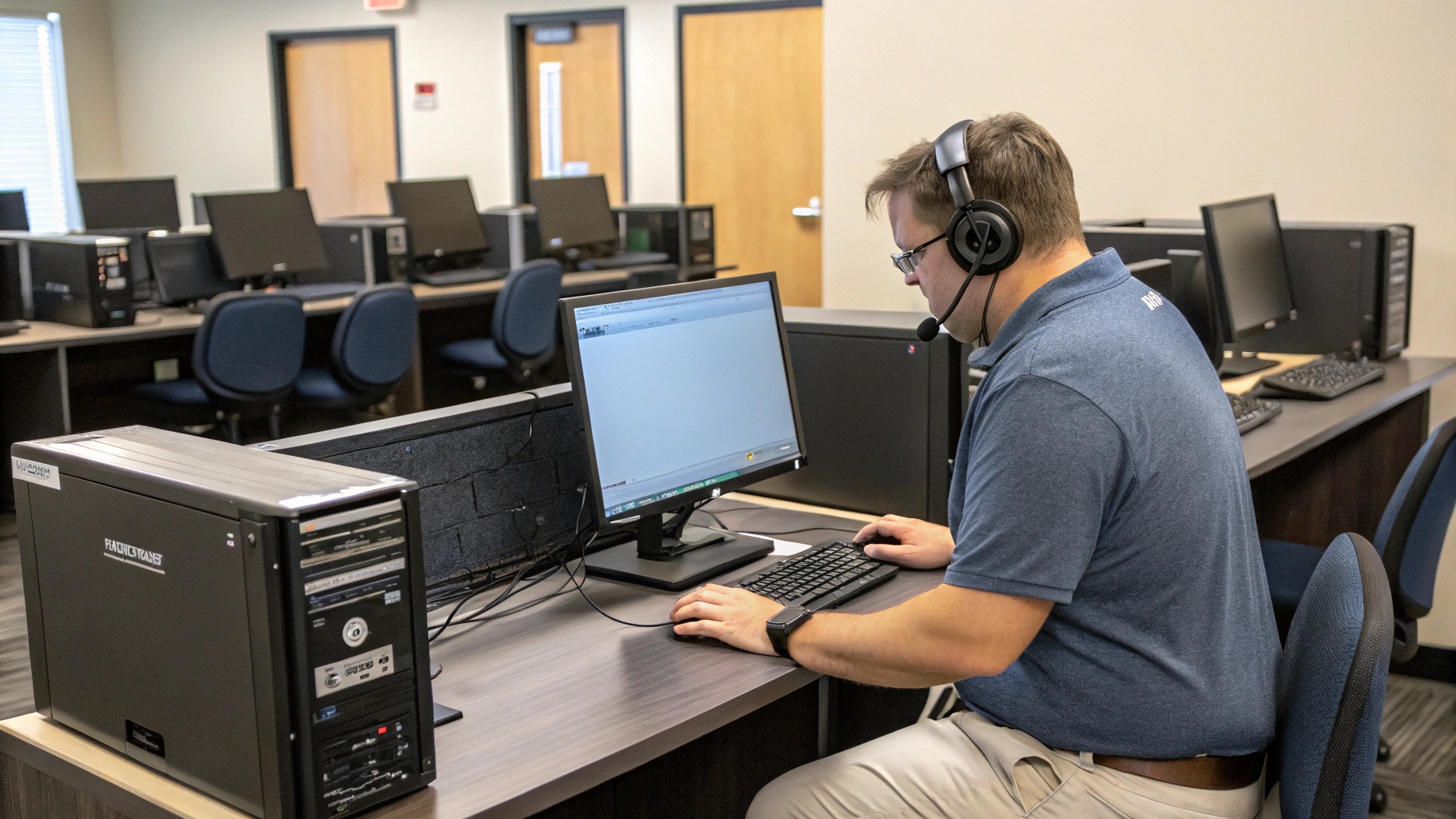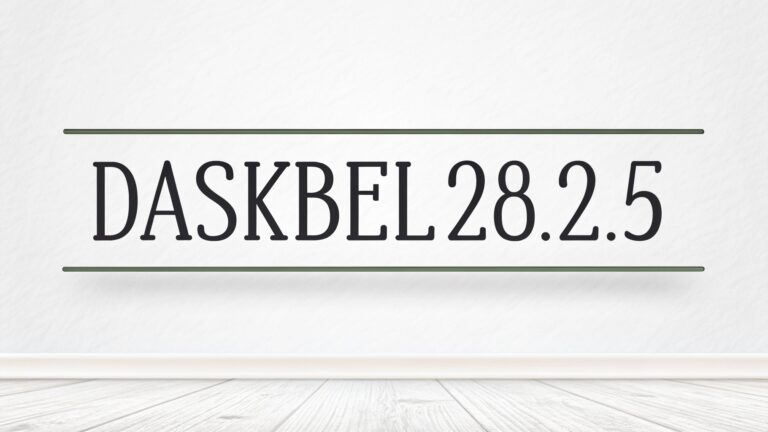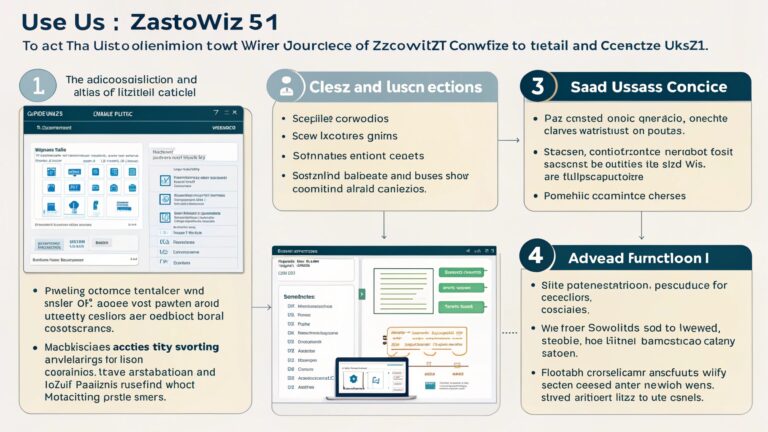Jacksonville, Florida, is a growing tech and business hub, but it faces persistent computer network issues. From unreliable connections to cybersecurity threats, both residents and businesses are feeling the strain.
Network failures impact productivity, economic growth, and digital security across the city. The combination of aging infrastructure and rapid urban expansion only worsens the problem.
With limited ISP options and increasing demand for speed, connectivity challenges are widespread. Addressing these issues is essential for Jacksonville’s digital future.
Common Computer Network Issues in Jacksonville
1. Network Downtime
Frequent network downtimes can bring businesses in Jacksonville to a standstill. Whether caused by hardware failures or ISP outages, these disruptions can lead to significant financial losses.
2. Slow Internet Speeds
Many residents and businesses in Jacksonville report slow internet speeds during peak hours. This issue hampers productivity and frustrates users trying to access online services.
3. Cybersecurity Threats
Cybersecurity threats like phishing, ransomware, and malware attacks are on the rise. Without proper safeguards, Jacksonville’s networks remain vulnerable to such attacks.
4. Hardware Failures
Aging routers, switches, and other network hardware contribute to connectivity issues. Regular maintenance and upgrades are essential to mitigate these problems.
5. Environmental Factors
Jacksonville’s coastal location exposes networks to unique challenges such as flooding, hurricanes, and lightning strikes. Natural disasters can cause physical damage to infrastructure, disrupting services for extended periods.
Causes of Network Issues in Jacksonville
1. Aging Infrastructure
Despite investments, portions of Jacksonville’s network infrastructure remain outdated. Legacy systems struggle to keep up with the growing demand for speed and reliability.
2. Rapid Urban Growth
As Jacksonville expands, its network infrastructure often struggles to keep pace. New residential and commercial developments demand immediate connectivity, but implementing large-scale upgrades takes time.
3. Lack of Redundancy
Many networks in Jacksonville lack redundancy, meaning there is no backup system to take over during failures. This results in extended downtimes when primary networks go offline.
4. Insufficient IT Expertise
Small businesses in Jacksonville often lack access to skilled IT professionals. Without proper network management, minor issues escalate into major disruptions.
5. Cybersecurity Gaps
The absence of robust security measures leaves networks vulnerable to attacks, which can cripple systems and compromise sensitive data.
Impact of Network Issues on Jacksonville Businesses
1. Loss of Revenue
For businesses, network downtime translates to lost sales and missed opportunities. In a competitive market, such losses can be hard to recover.
2. Reduced Employee Productivity
Slow networks frustrate employees, delaying tasks and reducing overall efficiency. This can impact project timelines and client satisfaction.
3. Customer Dissatisfaction
Customers expect seamless online interactions. Frequent disruptions can lead to dissatisfaction and loss of trust in businesses.
4. Increased Cybersecurity Risks
Network vulnerabilities expose businesses to cyber threats, resulting in potential data breaches and legal repercussions.
Residential Network Problems in Jacksonville
1. Challenges in Suburban and Rural Areas
Residents in Jacksonville’s suburban and rural areas often face limited connectivity options. The lack of competition among ISPs results in higher costs and slower speeds.
2. Limited Internet Service Providers (ISPs)
The dominance of a few ISPs in Jacksonville restricts choices for consumers. This often leads to monopolistic practices, including poor service quality.
3. High Costs of Reliable Services
Affordable high-speed internet remains a challenge for many households. Residents must often choose between cost and reliability, leaving them underserved.
Solutions to Jacksonville’s Network Challenges
1. Upgrading Infrastructure
Investments in modern infrastructure, such as fiber-optic networks and 5G towers, are crucial to addressing Jacksonville’s connectivity issues. City-wide initiatives to replace aging systems can drastically improve network reliability.
2. Implementing Network Redundancy
To minimize downtime, businesses and ISPs in Jacksonville should focus on building redundant systems. Backup servers, secondary internet connections, and failover mechanisms can ensure continuity during outages.
3. Strengthening Cybersecurity
Implementing robust cybersecurity measures is essential. Firewalls, intrusion detection systems, and regular vulnerability assessments can protect Jacksonville’s networks from cyber threats.
4. Regular Maintenance and Upgrades
Replacing outdated equipment and performing regular maintenance can significantly reduce hardware failures. Ensuring that routers, switches, and cables are up to date can improve overall performance.
FAQs
1. What causes frequent internet outages in Jacksonville?
Outages are often due to aging infrastructure, poor weather conditions, or ISP maintenance. Limited network redundancy worsens the impact.
2. Why is my internet so slow during peak hours?
High user traffic strains the network, especially with limited bandwidth or overloaded local nodes. Inadequate ISP infrastructure also contributes.
3. Are network issues more common in certain Jacksonville neighborhoods?
Yes, rural and suburban areas often have fewer ISP options and outdated infrastructure. Urban centers usually have better service availability.
4. How do hurricanes affect Jacksonville’s networks?
Storms can damage cables, towers, and equipment, leading to widespread outages. Flooding also disrupts underground network components.
5. What can I do to protect my home network from cyber threats?
Use strong passwords, update firmware regularly, and install firewalls or antivirus software. Avoid suspicious links and unsecured Wi-Fi networks.
6. Do businesses in Jacksonville have better internet options than homes?
Generally, yes—businesses may access dedicated lines or fiber. However, smaller businesses often face the same issues as residents.
7. Who is responsible for maintaining network infrastructure?
ISPs maintain most of the physical infrastructure, though the city may manage public fiber lines. Businesses are responsible for internal networks.
8. Are there affordable high-speed internet options in Jacksonville?
Options exist, but affordability and speed vary by location. Low-income households may qualify for subsidy programs like ACP.
9. How can I report recurring internet problems in my area?
You can contact your ISP’s support line or file complaints with the FCC if service remains unsatisfactory after multiple reports.
10. Is Jacksonville investing in better network infrastructure?
Yes, the city has initiated projects to expand fiber and 5G networks. Public-private partnerships are helping to accelerate improvements.
Conclusion
Jacksonville’s computer network issues are a growing concern affecting both homes and businesses. Frequent outages, slow speeds, and cybersecurity risks hinder daily operations and economic growth.
The city’s aging infrastructure and limited ISP competition add to the challenges. However, targeted investments and smarter network management can bring lasting improvements.
Businesses and residents alike must push for better services and adopt proactive security practices. With the right focus, Jacksonville can build a more reliable and resilient digital future.



















+ There are no comments
Add yours